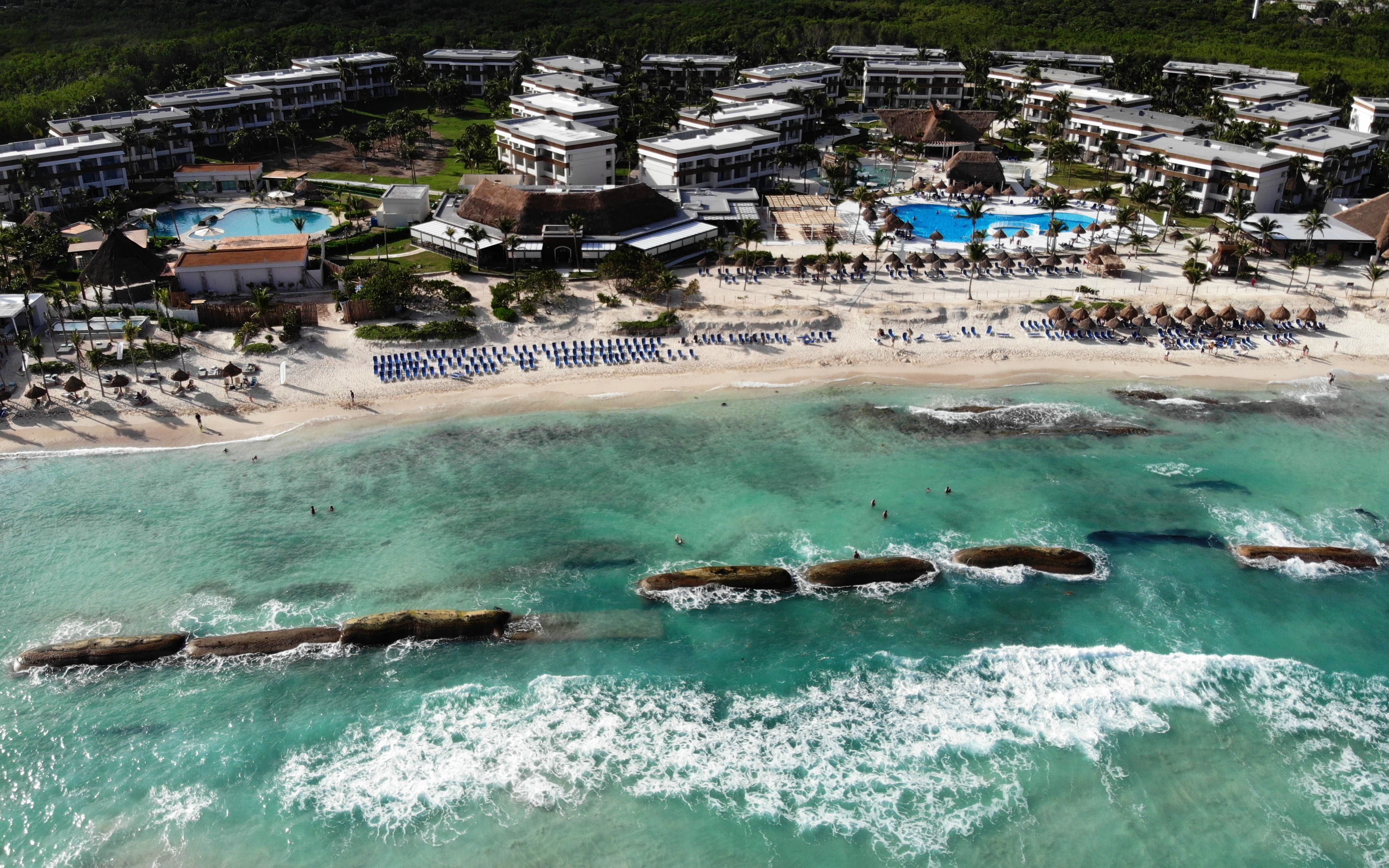Human waste found in Tulum cave pool beauty spots as resort struggles to keep up with tourism
Few buildings in the tourist hot spot are connected to sewage systems

Your support helps us to tell the story
From reproductive rights to climate change to Big Tech, The Independent is on the ground when the story is developing. Whether it's investigating the financials of Elon Musk's pro-Trump PAC or producing our latest documentary, 'The A Word', which shines a light on the American women fighting for reproductive rights, we know how important it is to parse out the facts from the messaging.
At such a critical moment in US history, we need reporters on the ground. Your donation allows us to keep sending journalists to speak to both sides of the story.
The Independent is trusted by Americans across the entire political spectrum. And unlike many other quality news outlets, we choose not to lock Americans out of our reporting and analysis with paywalls. We believe quality journalism should be available to everyone, paid for by those who can afford it.
Your support makes all the difference.An increase in tourism to Tulum, Mexico, is thought to be responsible for human waste washing up at idyllic swimming locations, including the Yucatán peninsula's world famous centoes.
According to Mexico's Ministry of Environment and Natural Resources, of the roughly 6,000 caves (or centoes) found across the Yucatán Peninsula, around 80 per cent are contaminated.
The caves, which are sinkholes that have filled with water, have drawn tourists to the region in recent years, but are currently at risk of further degradation.
Among the contaminants found by divers are chemicals from household items, including deodorants and toothpaste, human waste, and even illicit drugs, according to a United Nations study.
A boom in construction to accommodate the rise in tourism, meanwhile, is removing mangroves around Tulum that act as a natural filtration system to remove pollutants.
The construction also harms wildlife and the habits of animals including sea turtles.
Tourism, the UN study warned a decade ago, would “not be sustainable over the medium to long term” without a commitment to protecting the natural filtration system.
But expansion has continued, with only 15 per cent of buildings today connected to a sewage system, Vice News reported last month, leaving human waste to runoff into centoes and the town’s underground water network.
And while the Covid pandemic provided Tulum with a respite, more than 2.5 million tourists are expected to return eventually thanks to the arrival of vaccinated US travellers.
Even without tourists, the former fishing town has a population almost twice the size it was a decade ago.
Another study last year also warned that increases in tourism and the wider population of Tulum had led to a an “overproduction of waste” that has “caused ecological, socioeconomic and health problems” for locals.

The pollution of centoes, which are also thought to be a dumping ground for waste, has also caused issues for freshwater, with warnings of a “sanitary emergency”.
Claudio Cortes Mendez, director of tourism for the city, admitted in 2018 that "Developing Tulum into a sustainable tourism destination is a big challenge” and that “we have to put rules in place”.
"Unfortunately, only a few people are interested in environment issues here," he added in an interview with Deutsche Welle. "People already have to worry about things such as making a living.”
“But our group of activists is growing and we have to keep raising awareness and denouncing the violations that we see,” he added. “We won't stop fighting."





Join our commenting forum
Join thought-provoking conversations, follow other Independent readers and see their replies
Comments